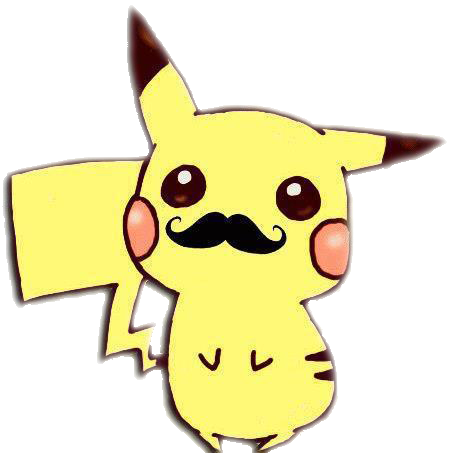Post by account_disabled on Mar 4, 2024 5:48:51 GMT -5
The First Two Received Military Support From Russia, and Crimea Was Occupied by Russian Forces and Eventually Annexed. It is True That the Annexation Was Contrary to International Law, but It Must Be Remembered That, in , Nikita Khrushchev Had Decided to "Gift" Crimea to Ukraine, Without Thinking That One Day the Ussr Could Collapse and Disintegrate and That Ukraine Would Become a Republic. Independent. On the Crimean Peninsula, in the Port of Sevastopol, and From There It Has Access to the Mediterranean. Given the Vital Strategic Importance of the Territory.
It Would Be Naive to Think That Russia Would Abandon It. In That Crisis, Nato Once Again Saw an Opportunity to Legitimize Itself as a Military Organization Against Its Former Enemy, but Things Were Not Easy. Divergences Arose Again Between Member States, With Very Different Visions UK Mobile Database Regarding How to Deal With It. On the One Hand, the United States , Without Many Economic Interests in Russia, Was Betting on Toughening Belligerence and Also Had the Explicit Support of the Countries of the Former Soviet Bloc, Which Felt Threatened by Russian Intervention in Ukraine.

On the Other Hand, Western Europe Was Reluctant to Impose Harsh Sanctions Due to Its Economic Interdependence With Russia, Especially Its Dependence on Russian Gas and Oil, and European Trade Flows and Investments in Russian Territory. With the Ukraine Crisis as a Backdrop, a Series of Measures Against Russia Were Approved at the Summit of Nato Heads of State Held in Wales in .. The Most Significant Was the Launch of an Immediate Intervention Force (Very High Readiness Joint Task Force), With , Troops With the Capacity to Go Into Action, as the Spearhead on the Eastern Flank. This Force Was Led by Spain in Its First Year and Was Subsequently Deployed in Poland and the Three Baltic Republics, to Which Combat Aircraft Were Sent to Deal With Airspace Violations by Russia.
It Would Be Naive to Think That Russia Would Abandon It. In That Crisis, Nato Once Again Saw an Opportunity to Legitimize Itself as a Military Organization Against Its Former Enemy, but Things Were Not Easy. Divergences Arose Again Between Member States, With Very Different Visions UK Mobile Database Regarding How to Deal With It. On the One Hand, the United States , Without Many Economic Interests in Russia, Was Betting on Toughening Belligerence and Also Had the Explicit Support of the Countries of the Former Soviet Bloc, Which Felt Threatened by Russian Intervention in Ukraine.

On the Other Hand, Western Europe Was Reluctant to Impose Harsh Sanctions Due to Its Economic Interdependence With Russia, Especially Its Dependence on Russian Gas and Oil, and European Trade Flows and Investments in Russian Territory. With the Ukraine Crisis as a Backdrop, a Series of Measures Against Russia Were Approved at the Summit of Nato Heads of State Held in Wales in .. The Most Significant Was the Launch of an Immediate Intervention Force (Very High Readiness Joint Task Force), With , Troops With the Capacity to Go Into Action, as the Spearhead on the Eastern Flank. This Force Was Led by Spain in Its First Year and Was Subsequently Deployed in Poland and the Three Baltic Republics, to Which Combat Aircraft Were Sent to Deal With Airspace Violations by Russia.






